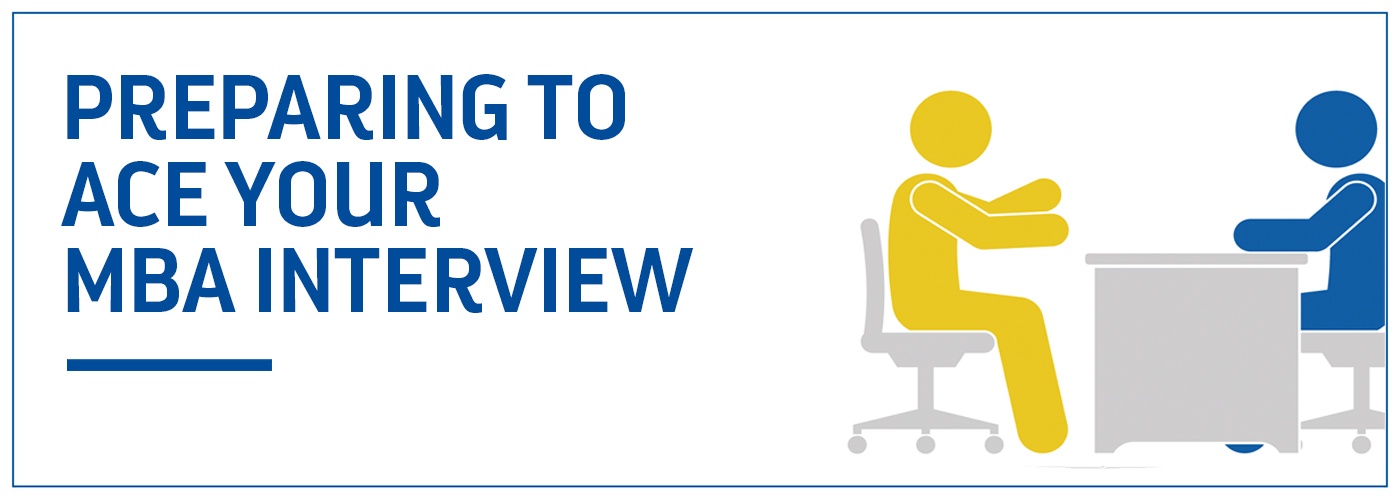

This post is part of a series exploring the different forms MBA interviews take and how you can ace them all!
Many MBA adcoms delegate the interviewing to alumni and students. In this scenario, typically second-year students interview the applicants who come to campus, and alumni interview off-campus – though in some cases, they also will conduct the local interviews.
Why adcoms use this method
Among other things, it allows the adcom members to focus their resources on application review and decision making.
• This approach is a way to keep alumni engaged and involved with the school, and it gives students a voice in the admissions process.
• The adcom already sees the application; this approach gives them another set of eyes and ears, another perspective on the applicant – the perspective of someone invested in the program.
• The alumni and student interviewers market the program to you in a way that official admissions representatives, who usually haven’t attended the program, cannot.
In these interviews, you are not making your case directly to a decision maker. However, admissions offices assert that these interviews have as much weight as ones with adcom members.
Some schools that use this method
Columbia, Kellogg, Duke
Blind or not blind
Usually alumni and student interviews are blind, i.e., the interviewer will not read your application before the interview, but probably will review your resume.
Process
Alumni and students usually are trained for the interviews. You meet with an alumnus off campus or a student on campus. The off- campus sites can be anywhere from the interviewer’s office to a coffee shop. The interview is a one-on-one conversation with the interviewer, during which she will ask you questions, usually at least some of which are predetermined and will typically cover basic topics such as goals. While you should be prepared for challenging questions, it’s usually a getting-to-know-you introductory discussion. If you are socially adept, you will not just answer questions but may also facilitate conversation. Afterward, the interviewer will write a report to the adcom on the interview.
Note: If you are a non-native English speaker interviewing with an alumnus in your own country, please expect to conduct the interview in English!
Benefits and pitfalls for applicants
• Benefit: can showcase your strong interpersonal and communication skills by the in-person contact.
• Benefit: often a less formal, more natural conversational ambience than with an adcom member. Usually less stressful.
• Benefit: if a student or alum interview does not go well, it is less likely to be a deciding factor than an adcom interview.
• Benefit: if the interview goes well and you are wait-listed, you may have an ally in the interviewer.
• Pitfall: the interviewer is a third party in-between you and the adcom; with each additional link in the chain comes more chance for misunderstanding, miscommunication, etc.
• Pitfall: you have no control over what the adcom actually sees regarding the interview.
• Pitfall: alumni are often very busy, and schedule changes are not uncommon.
How to make this type of interview work for you
(This is in addition to all the common sense advice for good MBA interviews):
• Review websites with comments by previous interviewees regarding the likely questions. Your interviewer may have a strict script or may be free to improvise, but usually they have at least some questions specified by the adcom.
• Practice answering these questions and other common interview questions – but don’t over-rehearse or memorize verbatim. The biggest turnoff (IMHO) is the glib, over-practiced applicant.
• Google your interviewer beforehand. Think about how to connect with him or her.
• Use common sense in your dress – most of the time business attire will be appropriate. But if you’re meeting a 28-year-old alumna at Starbucks at 9 AM on Saturday morning, pinstripes and cufflinks would be a little jarring.
• The interviewer will summarize the interview to the adcom; make simple, clear points to increase the chance of a strong and vivid report.
• Send the interviewer a thank-you note, just like your mother used to make you write.
The best way to ensure that you are prepared for your MBA interviews is to practice with a pro! Check out our Mock Interview Services and learn what you can do to ace those interviews and get accepted to business school!
Cindy Tokumitsu has advised hundreds of successful applicants, helping them gain acceptance to top MBA and EMBA programs in her 15+ years with Accepted. She would love to help you too. Want Cindy to help you get Accepted? Click here to get in touch!
Related Resources:
• Perfect Answers to MBA Interview Questions, a free guide
• 5 Steps to Follow After You Receive Your MBA Interview Invite
• Do I Really Need a Mock Interview?, a short video
The post Ace Your In-Person Business School Interview with a Student or Alumnus appeared first on Accepted Admissions Blog.


No comments:
Post a Comment